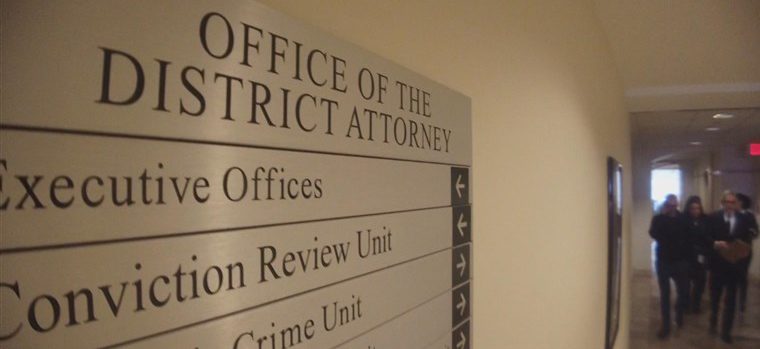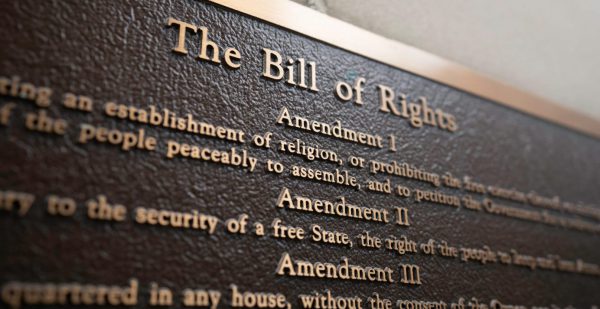Many prosecutor offices and individual prosecutors measure their success based on conviction rates. This measure of “success” is frequently driven by political motives such as reelection, government funding, and media coverage. But prosecutors have a duty to pursue justice and follow the constitution.
The prosecutorial culture of focusing on conviction rates ignores whether a conviction is the best form of justice in a given case. Worse, it provides incentives for prosecutorial misconduct to occur in the pursuit of the “win.” Real prosecutorial success requires maintaining an adversarial system that acts consistent with the law, is fair and transparent, equitably resourced, evidence-based, and minimizes the negative impact that criminal prosecutions and incarceration can have on individuals and communities. Only major reforms will lead to this type of success.
Read more about this issue.
What’s at Stake
Conviction rates are not indicators of success—unless jails and prisons overflowing with individuals convicted of minor offenses or wrongfully convicted and social devastation is the intended outcome. The U.S. spends $80 billion a year on public corrections. Prosecutor offices cost taxpayers $5.8 billion a year. The cost to impacted families is incalculable.
Undue focus on high conviction-rates creates incentives for misconduct. America’s prisons are replete with the costs borne by defendants whose constitutional rights were violated through withholding evidence, denying the right to counsel at critical junctures, striking jurors based on race, knowingly offering perjured testimony at trial, and prosecuting based on evidence obtained through illegal searches and seizures by the police.
Prosecutors too often get away with negligence and misconduct because disciplinary authorities, starting with their own offices but extending to entities like the courts and state bar associations, turn a blind eye out to it.
What Needs to Change
There’s clear evidence that alternatives to convictions have a much greater impact on justice, fairness, and public safety, and at a much lower cost. A restorative, rather than retributive, model of justice is what prosecutors must consider to accomplish this goal. Prosecutorial effectiveness should not be measured by how many people one prosecutor can lock away in a given year. Prosecutors must consider the impact of their work on the entire criminal justice system and on the communities they serve.
LDF calls on District Attorneys to re-evaluate their current vision of success. Prosecutors must develop and employ, in partnership with the community and other local elected officials, evidence-based strategies that provide alternatives to incarceration and must lead efforts to produce a criminal legal system that prioritizes justice and adherence to the Constitution.
How You Can Help
Your voice on this issue is more important than ever! Prosecutors must know that business as usual, is no longer acceptable. Demand that prosecutors listen to the community’s call for change, for justice. Work to hold them accountable, monitor their office, and shine a spotlight on cases where justice is not served. You can work to elect a district attorney who will reflect a shared vision of public safety and justice that the community needs and supports.



